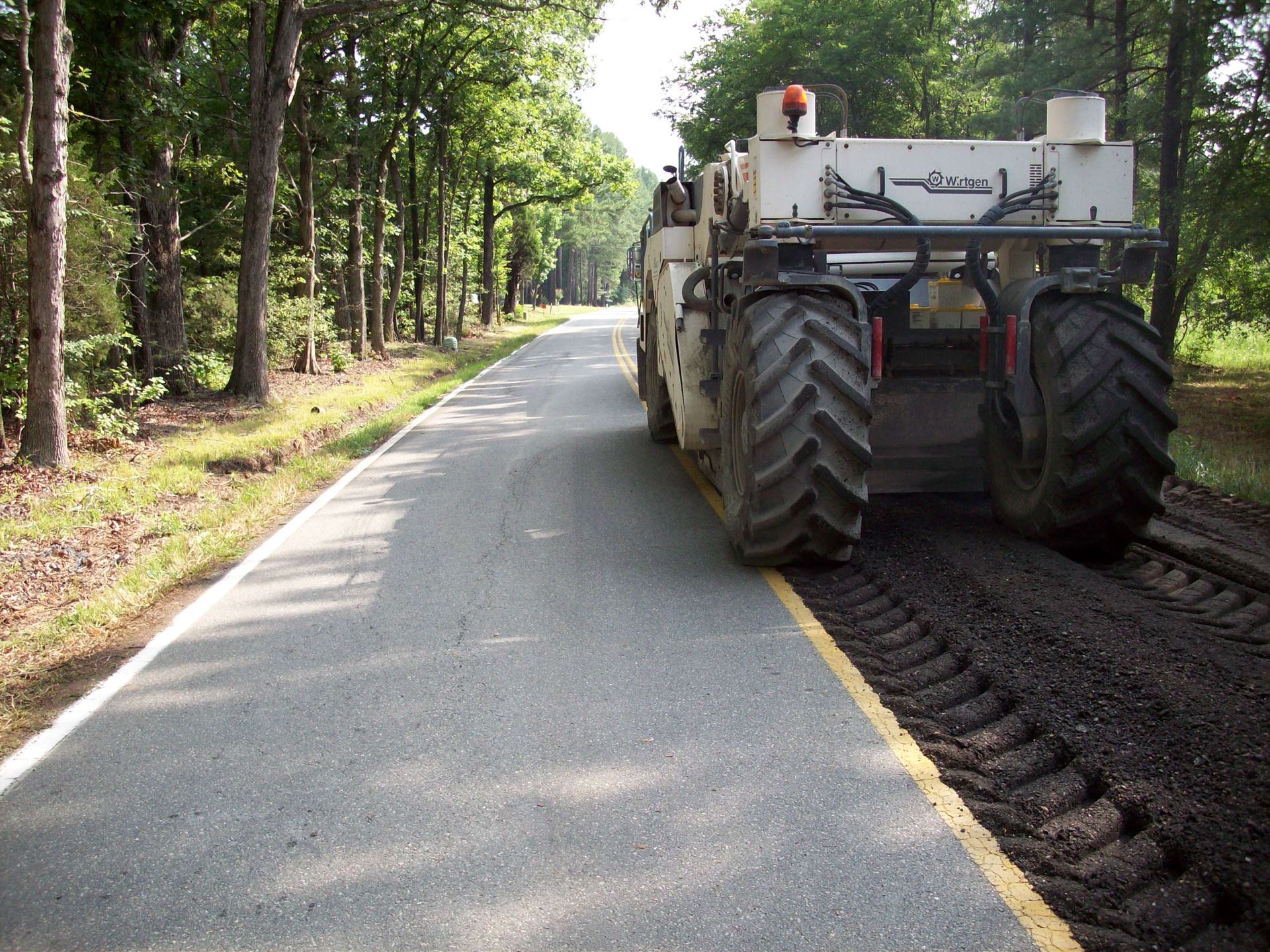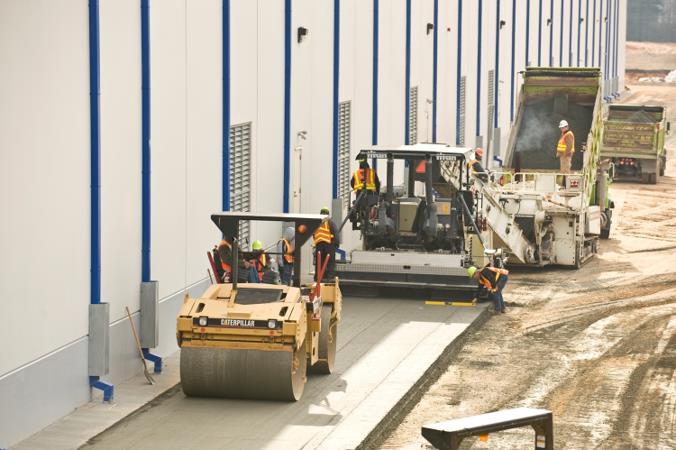4:00 PM (1.0 PDH)
 Sustainable Pavements with Full-Depth Reclamation
Sustainable Pavements with Full-Depth Reclamation
Presented by Mr. Greg Halsted with Portland Cement Association
ABSTRACT: Full-depth reclamation (FDR) with cement is a type of soil-cement and pavement rehabilitation method that involves recycling an existing deteriorated asphalt surface and its underlying base, subbase, and/or subgrade materials into a new stabilized base layer. The FDR process consists of the in-place pulverization of the existing roadway materials, applying and uniformly blending in portland cement and water, compacting with rollers, shaping with motor graders, and proper curing. The result is a stiff, stabilized base layer that is ready for a new bituminous or concrete surface course. FDR with cement saves money and reduces the carbon footprint of roadway construction projects by reducing mining, hauling, and disposal of basic construction materials. This presentation discusses the applications, benefits, project selection, design, construction, testing and quality control, performance, and sustainable engineering technology aspects of FDR with cement as they relate to the recycling of failed flexible pavements as an economical answer for agencies at all levels in their quest to maintain and rehabilitate their aging and heavily used infrastructure.
5:00 PM (1.0 PDH)
 Design and Testing of Roller-Compacted Concrete
Design and Testing of Roller-Compacted Concrete
Presented by Mr. Greg Halsted with Portland Cement Association
ABSTRACT: Roller-compacted concrete, or RCC, takes its name from the construction method used to build it. RCC is placed with conventional or high-density asphalt-type paving equipment, then compacted with vibratory rollers. RCC has the same basic ingredient as conventional concrete - cement, water, and aggregates, such as gravel or crushed stone. RCC needs neither forms nor finishing, nor does it contain dowels or steel reinforcing. RCC pavements are strong, dense, and durable. These characteristics, combined with construction speed and economy, make RCC pavements an excellent alternative for parking and storage areas; port, intermodal, and military facilities; highway shoulders; streets; and highways. RCC can also be used in composite systems as a base material. This presentation discusses the process for proper materials selection and testing, durability, workability, and strength determination, and preparation of mixture designs for RCC using various methods, as well as the specifications, construction practices, placement methods, field testing, and inspection necessary to ensure quality projects for pavement applications.
BIO: Greg Halsted, P.E., is the Manager of Pavements and Geotechnical Support for the Portland Cement Association (PCA). He is responsible for expanding market share for use of Portland cement in all paving and engineered cement applications. He has over 25 years of experience in the use of cement in the pavements, geotechnical, and concrete industry, with knowledge of planning, design, materials testing, and construction; has participated in numerous training and construction workshops involving transportation agencies, Public Works departments, Universities, material suppliers, and consulting firms; and has authored several publications related to cement and concrete construction. Prior to joining PCA, he held civil and geotechnical engineering positions with the Concrete Reinforcing Steel Institute and the Georgia Department of Transportation.